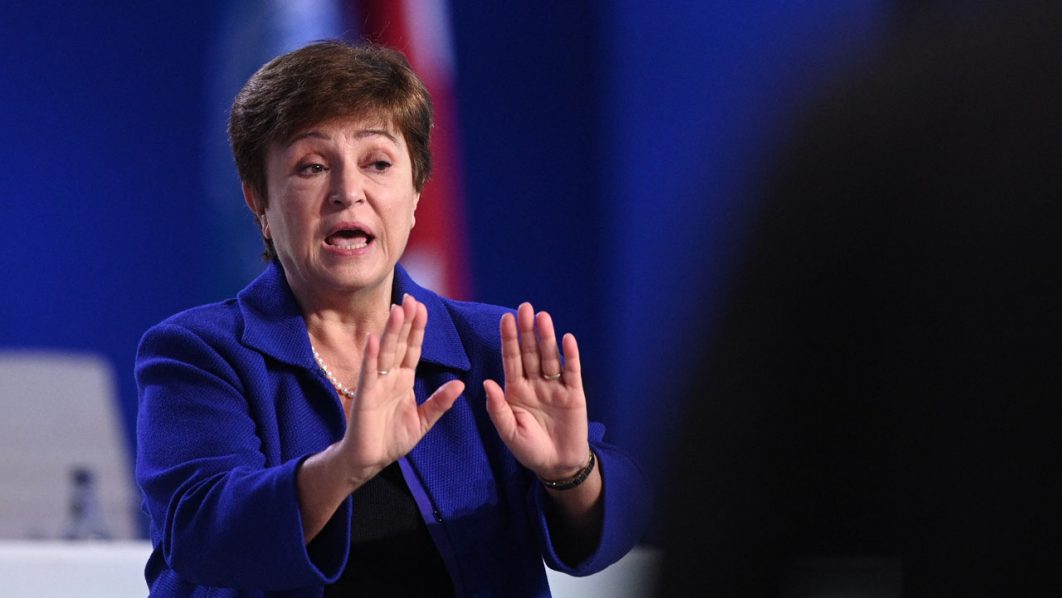
With the gradual cooling of wages and energy prices expected to decline in 2025, headline inflation will continue to decelerate, the International Monetary Fund (IMF) has said.
The IMF Managing Director, Kristalina Georgieva, stated this in her remarks at the first meeting of the G20 finance ministers and central bank governors in Cape Town, South Africa.
Georgieva was optimistic that the trajectory towards central bank targets would be met. However, she observed that uncertainty concerning economic policies is high, adding: “Governments around the world are shifting policy priorities. There are significant policy changes in the United States, in areas such as trade policy, taxation, public spending, immigration, and deregulation, with implications for the U.S. economy and the rest of the world. Governments in other countries are also adjusting their policies. The combined impacts of possible policy changes are complex and still difficult to assess but will come into clearer view in the months ahead.”
The IMF boss said with the outlook for growth stuck at its lowest in decades, the central task is to craft policies that provide a strong foundation for higher and more durable growth, insisting that macroeconomic and financial stability must be preserved to enable growth. She added: “To that end, countries must manage multiple pressures: contain short-term risks, rebuild buffers and lift medium-term growth prospects.”
The IMF boss submitted that for central banks, the focus remains fully restoring price stability, and to do so while supporting activity and employment. On the fiscal side, she explained that most countries need to put public debt on a sustainable path and rebuild fiscal buffers.
“While mobilising more domestic revenues is crucial in many countries, it is equally important to promote more efficient public spending. The two go hand-in-hand to ensure that countries have the fiscal space to meet future shocks and provide the basis for higher future growth,” she stated.
Georgieva noted that it is important that countries embrace ambitious reforms to lift productivity and enhance growth prospects, adding: “The specific priorities will vary from country to country, but in general this calls for a pivot toward supply-side policies: cutting red tape, increasing competition and encouraging entrepreneurship, strengthening education systems, smart regulation that can encourage risk-taking and rapid but safe advances productivity-enhancing technology, such as AI.” She stressed that while domestic reforms are essential, many countries cannot go it alone.
“Stepped up external support is vital to help countries implement reforms, through capacity development and concessional external support, and actions to crowd-in more private inflows,” she said.
The IMF helmsman insisted that there is an urgent need to address debt challenges.She insisted that a few countries may need to restructure their debt, while many more face high-interest payments and refinancing needs that cripple their ability to invest in their future.
“A key step is to improve the predictability and timeliness of restructuring processes, building on the significant progress already achieved, including under the Common Framework. We also need to help countries with sustainable debt but faced with elevated interest payment and refinancing needs that crowd out their capacity to invest in education, health or infrastructure,” she said.






